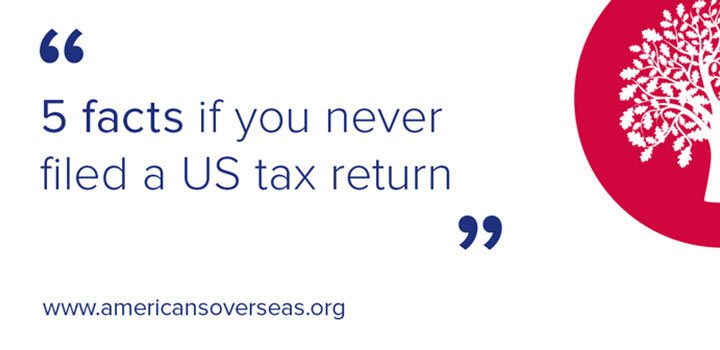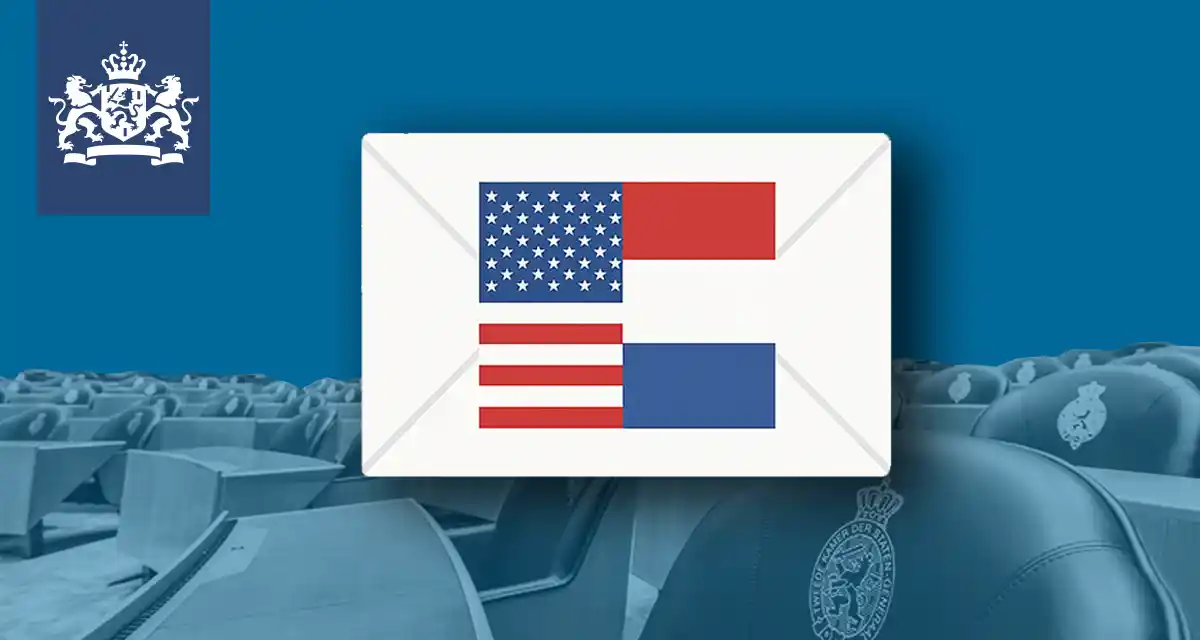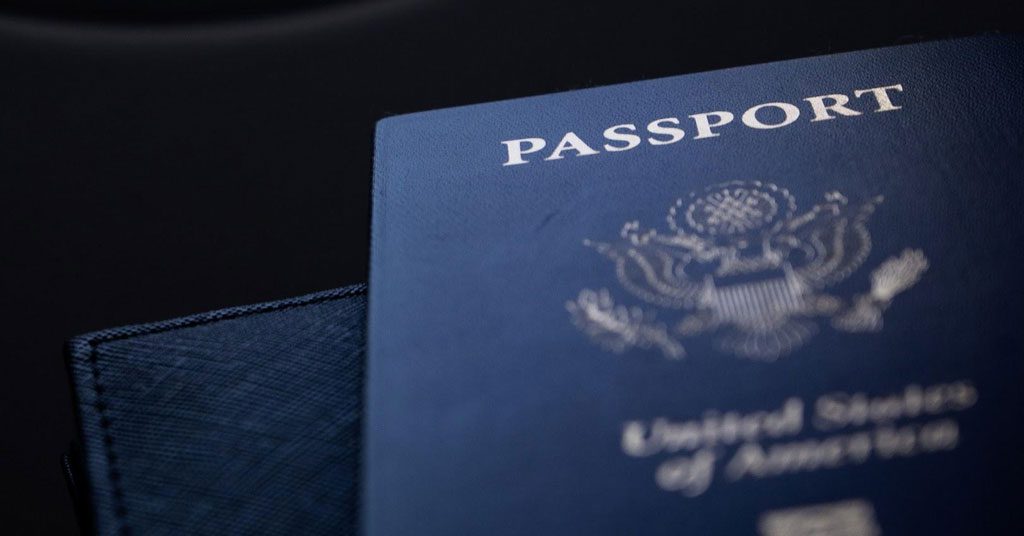
Dutch Government Responds to Concerns of Accidental Americans Regarding FATCA Rules

The Dutch government has once again responded to concerns from the Dutch Accidental Americans group regarding the consequences of FATCA. While major Dutch banks currently continue to show leniency toward Accidental Americans who are in the process of applying for a US Tax Identification Number (US TIN) or renouncing their US citizenship (CLN), the conditions for such leniency are becoming increasingly strict.
New U.S. requirements: BSN and address now mandatory
The United States has extended its temporary exemption on the requirement for banks to report a US TIN until the end of 2027. This exemption applies only to bank accounts opened before July 1, 2014.
To avoid being labeled as “significant non-compliant” by the U.S. Internal Revenue Service (IRS), banks must now meet two additional requirements:
-
Report the national tax number – In the Netherlands, this is the Burgerservicenummer (BSN).
-
Report address using the AddressFix element – This involves digitally reporting the city and country of residence of the account holder in a standardized format.
Although these requirements are not presented as new legal obligations, they effectively amount to further privacy intrusions for Dutch citizens. The sharing of BSN and address data with a foreign tax authority raises serious concerns, especially given the sensitive nature of this information.
The additional FATCA reporting requirements imposed by the United States are not unique to the Netherlands but part of broader international agreements. They apply to all countries with a so-called Model 1 IGA (Intergovernmental Agreement), including the Netherlands and most other European countries.
The Netherlands acknowledges the problems, but points to the U.S.
Tjebbe van Oostenbruggen, State Secretary for Taxation, the Tax Administration and Customs, acknowledged the seriousness of the situation in a letter to Parliament dated May 15, 2025. Dutch banks remain cautious due to the threat of U.S. sanctions, while many affected individuals are unaware they even hold U.S. citizenship.
“I recognize that FATCA regulations can have serious consequences, particularly for Accidental Americans. The temporary exemption granted by the U.S. for bank reporting obligations will not eliminate all of these problems. The Netherlands continues—where possible and in cooperation with other EU member states—to pursue solutions for Accidental Americans, particularly in cases where access to banking is at stake. We also continue to raise the importance of a permanent solution with the United States. I am committed to this, but the key lies with the U.S. authorities. That is why it is essential that account holders take action themselves.”
– State Secretary Van Oostenbruggen, May 15, 2025
The State Secretary reiterates his call for Accidental Americans who have not yet applied for a US TIN or CLN to do so and to inform their bank. He warns that the next set of measures from the U.S. is expected to be stricter:
“That is why it remains important for individuals who also have U.S. nationality to act quickly—either by applying for a US TIN or renouncing their American citizenship.”
A call to Accidental Americans: don’t wait
The message from the Dutch government is clear: only those who take proactive steps can avoid problems. Although banks may continue to apply the temporary exemption through 2027, it is conditional and may become even more restrictive in the future.
Want to Learn More About FATCA and Your Options?
Americans Overseas informs local and European parliaments about the impact and challenges FATCA creates for European citizens. By keeping the issue on the political agenda, several policy changes have already been achieved.
We founded Americans Overseas to help people worldwide by providing clear, panic-free information and free, non-binding support. When needed, we can refer individuals to affordable professionals in our network of accountants and tax advisors.
If you have questions about how FATCA affects Dutch citizens who also hold U.S. nationality, feel free to contact us at Americans Overseas.
Contact us for more information
Sources:
-
Government of the Netherlands: Written reply regarding the sixth FATCA progress report
-
Taxence: The Netherlands continues discussions about the impact of FATCA on Accidental Americans






